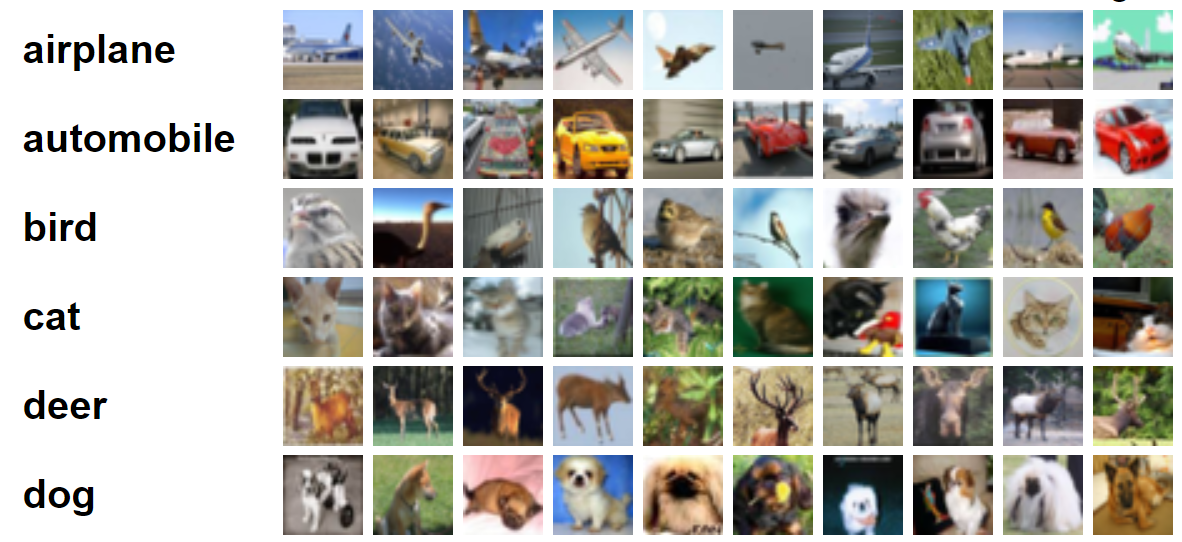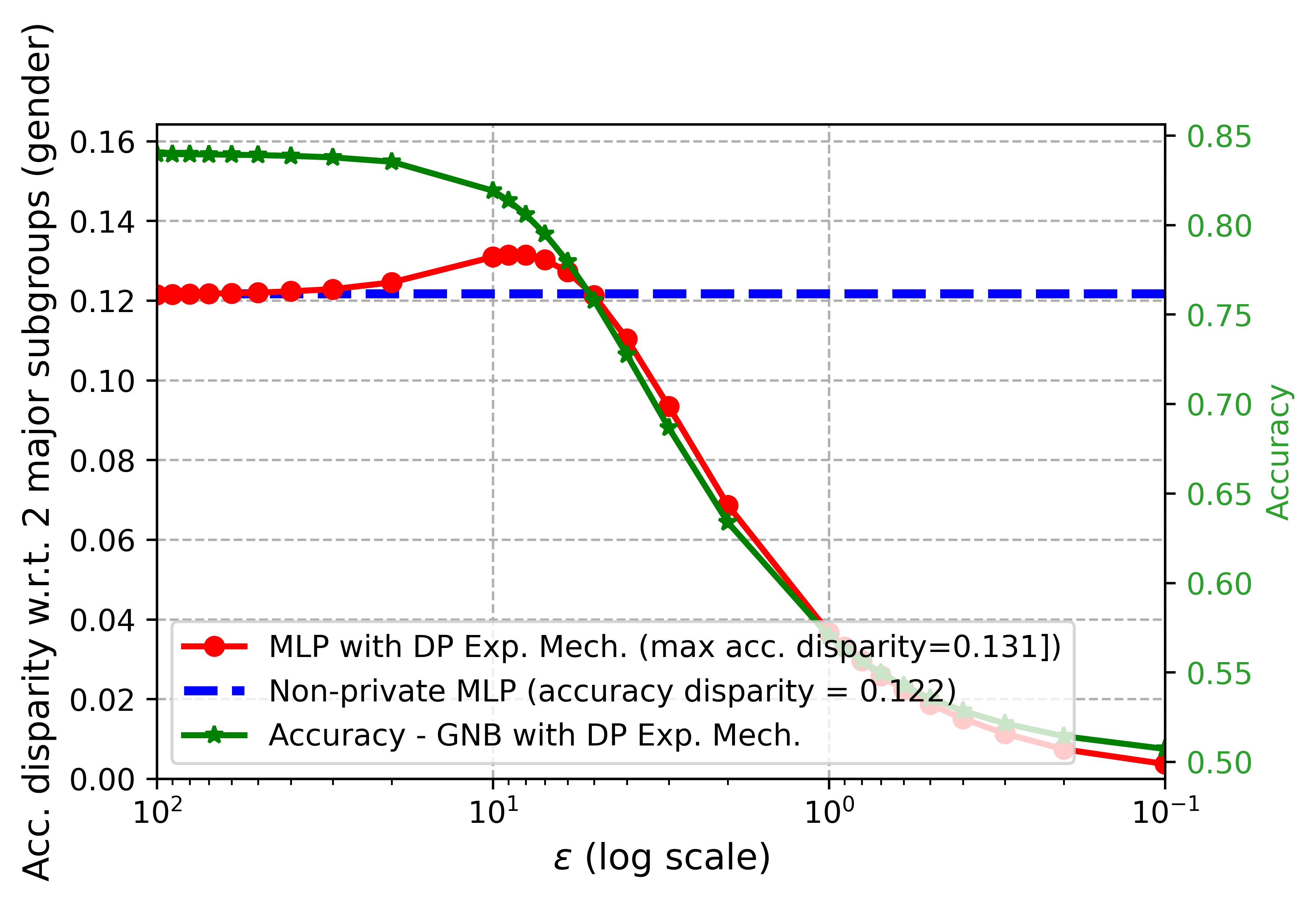State-of-the-Art Approaches to Enhancing Privacy Preservation of Machine Learning Datasets: A Survey
2404.16847

0
0
💬
Abstract
This paper examines the evolving landscape of machine learning (ML) and its profound impact across various sectors, with a special focus on the emerging field of Privacy-preserving Machine Learning (PPML). As ML applications become increasingly integral to industries like telecommunications, financial technology, and surveillance, they raise significant privacy concerns, necessitating the development of PPML strategies. The paper highlights the unique challenges in safeguarding privacy within ML frameworks, which stem from the diverse capabilities of potential adversaries, including their ability to infer sensitive information from model outputs or training data. We delve into the spectrum of threat models that characterize adversarial intentions, ranging from membership and attribute inference to data reconstruction. The paper emphasizes the importance of maintaining the confidentiality and integrity of training data, outlining current research efforts that focus on refining training data to minimize privacy-sensitive information and enhancing data processing techniques to uphold privacy. Through a comprehensive analysis of privacy leakage risks and countermeasures in both centralized and collaborative learning settings, this paper aims to provide a thorough understanding of effective strategies for protecting ML training data against privacy intrusions. It explores the balance between data privacy and model utility, shedding light on privacy-preserving techniques that leverage cryptographic methods, Differential Privacy, and Trusted Execution Environments. The discussion extends to the application of these techniques in sensitive domains, underscoring the critical role of PPML in ensuring the privacy and security of ML systems.
Create account to get full access
Overview
- This paper examines the impact of machine learning (ML) across various industries and the emerging field of Privacy-preserving Machine Learning (PPML)
- As ML becomes integral to sectors like telecommunications, finance, and surveillance, it raises significant privacy concerns, necessitating the development of PPML strategies
- The paper focuses on the unique challenges in safeguarding privacy within ML frameworks, including the ability of adversaries to infer sensitive information from model outputs or training data
Plain English Explanation
The paper looks at how machine learning (ML) is being used more and more in different industries like telecommunications, finance, and security. As ML becomes a bigger part of these sectors, it raises important privacy issues. This has led to the growth of a new field called Privacy-preserving Machine Learning (PPML), which focuses on protecting people's privacy in ML systems.
The main challenge is that potential adversaries can find ways to uncover sensitive information from the data used to train ML models or from the model outputs themselves. The paper examines different "threat models" that describe how adversaries might try to do this, like inferring whether someone's data was used to train a model (membership inference) or figuring out details about someone from the model (attribute inference).
To address these risks, the paper looks at ways to refine training data and enhance data processing to minimize the privacy-sensitive information. It also explores the use of cryptographic methods, Differential Privacy, and Trusted Execution Environments to protect privacy while still maintaining the usefulness of the ML models. The goal is to find the right balance between preserving data privacy and ensuring the ML models remain effective.
Technical Explanation
The paper provides a comprehensive analysis of privacy leakage risks and countermeasures in both centralized and collaborative ML settings. It explores the spectrum of threat models characterizing adversarial intentions, including membership inference, attribute inference, and data reconstruction.
The authors emphasize the importance of maintaining the confidentiality and integrity of training data. They outline current research efforts focused on refining training data to minimize privacy-sensitive information and enhancing data processing techniques to uphold privacy.
The paper examines the application of cryptographic methods, Differential Privacy, and Trusted Execution Environments as privacy-preserving techniques. It discusses how these techniques can be leveraged to strike a balance between data privacy and model utility in sensitive domains, underscoring the critical role of PPML in ensuring the privacy and security of ML systems.
Critical Analysis
The paper provides a thorough overview of the privacy challenges in ML and the ongoing research efforts to address them. However, it does not delve deeply into the practical limitations or potential unintended consequences of some of the proposed privacy-preserving techniques.
For example, the use of Differential Privacy can introduce noise that impacts model performance, and the application of Trusted Execution Environments may be constrained by hardware and software requirements. The paper could have explored these tradeoffs more extensively.
Additionally, the paper does not discuss the broader societal implications of widespread PPML adoption, such as how it might influence the transparency and accountability of ML systems used in high-stakes domains like healthcare or criminal justice.
Overall, the paper offers a solid foundation for understanding the privacy challenges in ML, but further research is needed to fully address the practical and ethical considerations of implementing PPML solutions.
Conclusion
This paper highlights the growing importance of Privacy-preserving Machine Learning (PPML) as machine learning becomes increasingly prevalent across various industries. It underscores the unique privacy challenges posed by the ability of adversaries to infer sensitive information from ML model outputs and training data.
The paper provides a comprehensive analysis of different threat models and the current research efforts to safeguard the confidentiality and integrity of training data through techniques like data refinement, cryptographic methods, and Differential Privacy. By exploring the balance between data privacy and model utility, the paper emphasizes the critical role of PPML in ensuring the privacy and security of ML systems in sensitive domains.
As ML continues to permeate our lives, the insights and strategies discussed in this paper will be crucial in shaping the future of responsible and ethical AI development.
This summary was produced with help from an AI and may contain inaccuracies - check out the links to read the original source documents!
Related Papers

A Novel Review of Stability Techniques for Improved Privacy-Preserving Machine Learning
Coleman DuPlessie, Aidan Gao

0
0
Machine learning models have recently enjoyed a significant increase in size and popularity. However, this growth has created concerns about dataset privacy. To counteract data leakage, various privacy frameworks guarantee that the output of machine learning models does not compromise their training data. However, this privatization comes at a cost by adding random noise to the training process, which reduces model performance. By making models more resistant to small changes in input and thus more stable, the necessary amount of noise can be decreased while still protecting privacy. This paper investigates various techniques to enhance stability, thereby minimizing the negative effects of privatization in machine learning.
6/4/2024

Privacy at a Price: Exploring its Dual Impact on AI Fairness
Mengmeng Yang, Ming Ding, Youyang Qu, Wei Ni, David Smith, Thierry Rakotoarivelo

0
0
The worldwide adoption of machine learning (ML) and deep learning models, particularly in critical sectors, such as healthcare and finance, presents substantial challenges in maintaining individual privacy and fairness. These two elements are vital to a trustworthy environment for learning systems. While numerous studies have concentrated on protecting individual privacy through differential privacy (DP) mechanisms, emerging research indicates that differential privacy in machine learning models can unequally impact separate demographic subgroups regarding prediction accuracy. This leads to a fairness concern, and manifests as biased performance. Although the prevailing view is that enhancing privacy intensifies fairness disparities, a smaller, yet significant, subset of research suggests the opposite view. In this article, with extensive evaluation results, we demonstrate that the impact of differential privacy on fairness is not monotonous. Instead, we observe that the accuracy disparity initially grows as more DP noise (enhanced privacy) is added to the ML process, but subsequently diminishes at higher privacy levels with even more noise. Moreover, implementing gradient clipping in the differentially private stochastic gradient descent ML method can mitigate the negative impact of DP noise on fairness. This mitigation is achieved by moderating the disparity growth through a lower clipping threshold.
4/16/2024

New!A Quantization-based Technique for Privacy Preserving Distributed Learning
Maurizio Colombo, Rasool Asal, Ernesto Damiani, Lamees Mahmoud AlQassem, Al Anoud Almemari, Yousof Alhammadi

0
0
The massive deployment of Machine Learning (ML) models raises serious concerns about data protection. Privacy-enhancing technologies (PETs) offer a promising first step, but hard challenges persist in achieving confidentiality and differential privacy in distributed learning. In this paper, we describe a novel, regulation-compliant data protection technique for the distributed training of ML models, applicable throughout the ML life cycle regardless of the underlying ML architecture. Designed from the data owner's perspective, our method protects both training data and ML model parameters by employing a protocol based on a quantized multi-hash data representation Hash-Comb combined with randomization. The hyper-parameters of our scheme can be shared using standard Secure Multi-Party computation protocols. Our experimental results demonstrate the robustness and accuracy-preserving properties of our approach.
7/1/2024

Privacy Issues in Large Language Models: A Survey
Seth Neel, Peter Chang

0
0
This is the first survey of the active area of AI research that focuses on privacy issues in Large Language Models (LLMs). Specifically, we focus on work that red-teams models to highlight privacy risks, attempts to build privacy into the training or inference process, enables efficient data deletion from trained models to comply with existing privacy regulations, and tries to mitigate copyright issues. Our focus is on summarizing technical research that develops algorithms, proves theorems, and runs empirical evaluations. While there is an extensive body of legal and policy work addressing these challenges from a different angle, that is not the focus of our survey. Nevertheless, these works, along with recent legal developments do inform how these technical problems are formalized, and so we discuss them briefly in Section 1. While we have made our best effort to include all the relevant work, due to the fast moving nature of this research we may have missed some recent work. If we have missed some of your work please contact us, as we will attempt to keep this survey relatively up to date. We are maintaining a repository with the list of papers covered in this survey and any relevant code that was publicly available at https://github.com/safr-ml-lab/survey-llm.
6/3/2024